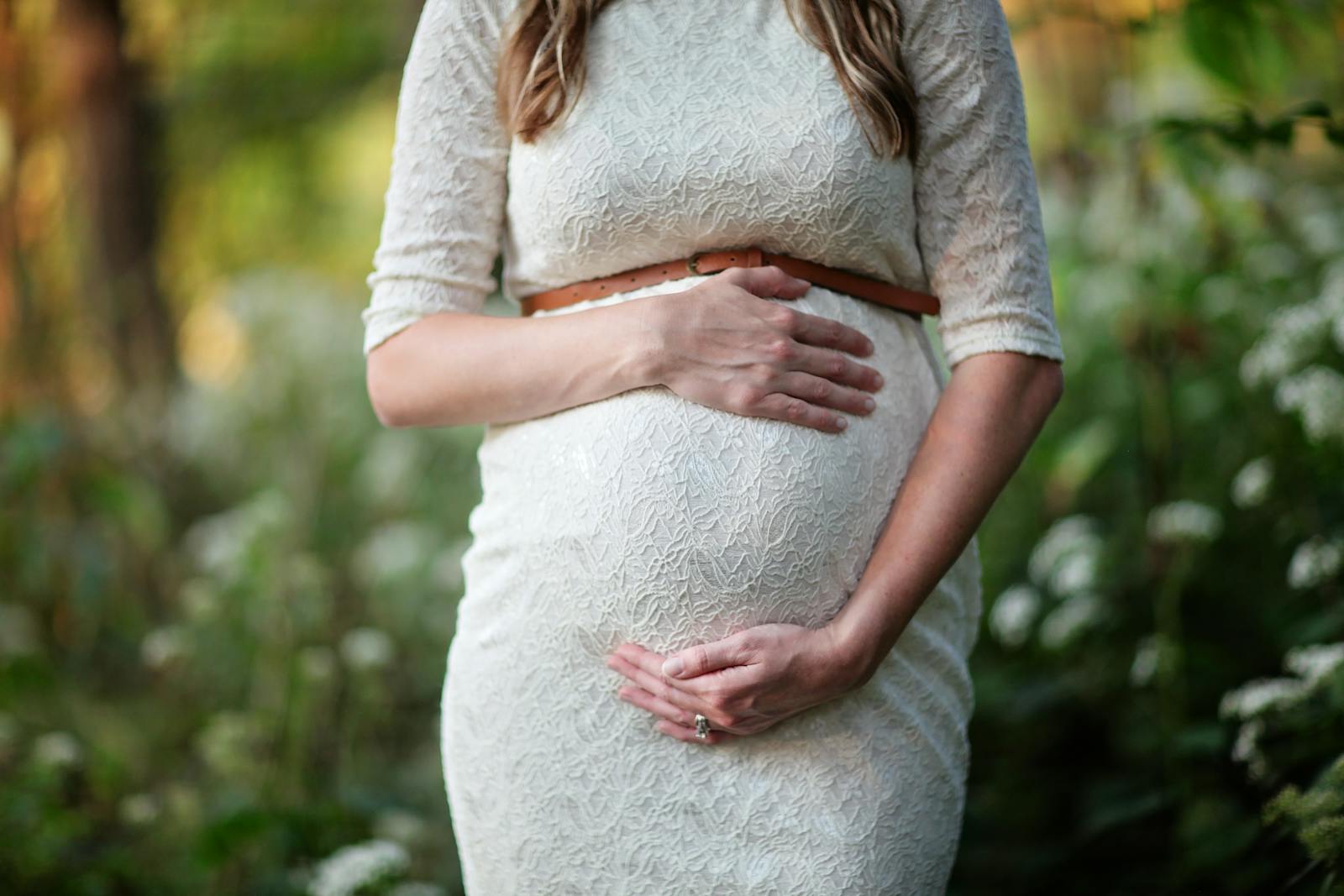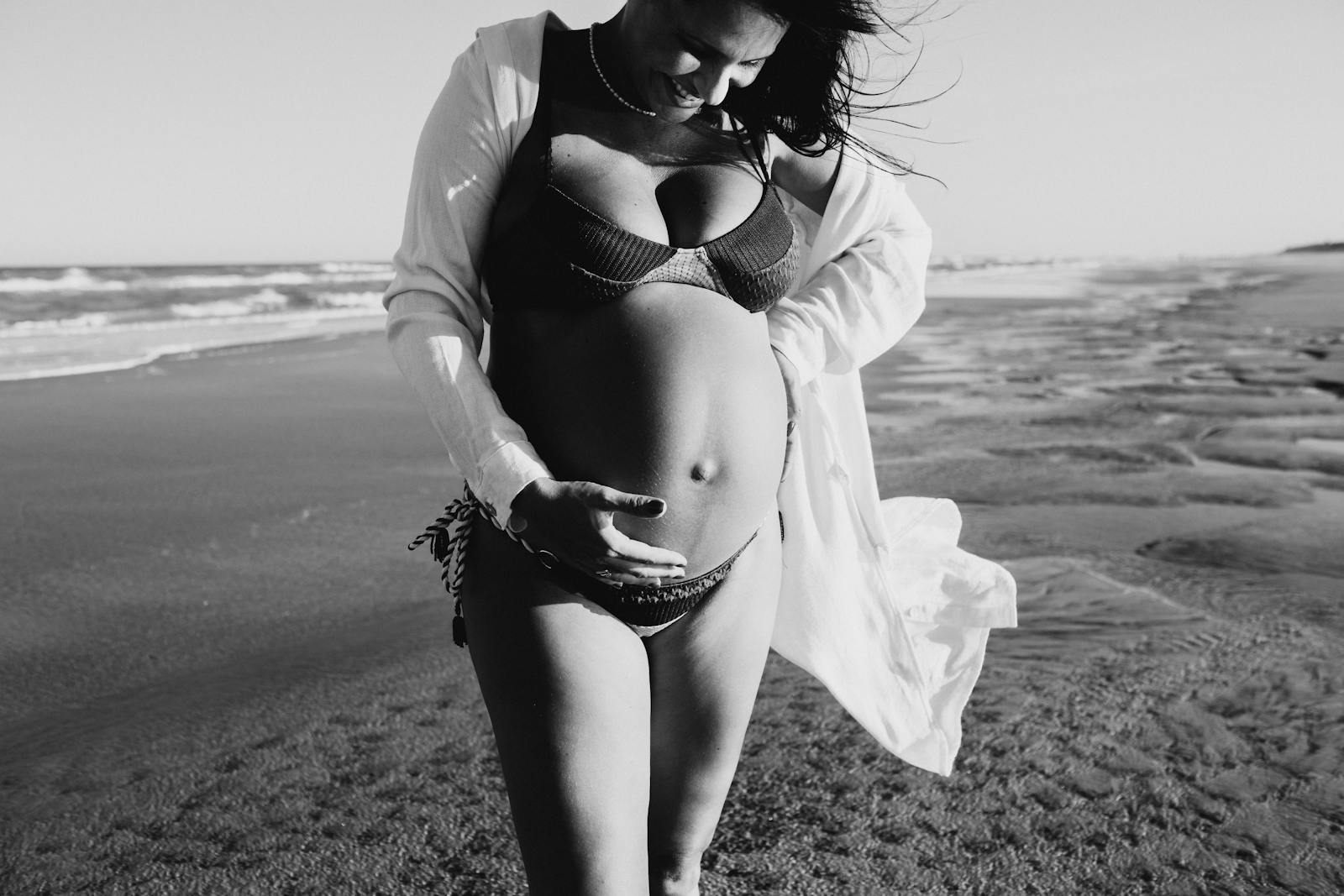Pregnancy tends to attract advice from all directions — family, friends, even strangers. But not all of it is grounded in science. To cut through the noise, Dr. Viviane Lopes, gynecologist and obstetrician, sheds light on the 11 most frequent concerns women face while expecting.
1. Is sex safe during pregnancy?
Yes. Intercourse is generally safe throughout all trimesters, as it doesn’t harm the baby. Exceptions apply if there’s bleeding, contractions, or medical complications. In fact, a Portuguese study from Hospital de Santa Maria found that 89% of women reported no drop in sexual desire while pregnant — and some experienced an increase.
2. Can pregnant women sunbathe?
Vitamin D is essential for both mother and child, so sunlight remains important. Still, hormonal changes make the skin more prone to pigmentation. Doctors recommend avoiding peak sun hours (10 a.m. to 4 p.m.) and always using sunscreen with SPF 30 or higher.
3. Is it safe to drive while pregnant?
Up to around week 32, driving is usually fine. Beyond that, increased fetal movement and slower reflexes can raise risks. Add the stress of traffic, and it’s wise to favor taxis or the passenger seat during late pregnancy. Individual health and emotional state should guide the decision.
4. Should women stop exercising?
On the contrary. Sedentary behavior poses risks to both mother and baby. The American College of Obstetricians and Gynecologists recommends daily moderate exercise throughout pregnancy. Programs should be tailored to whether the woman was active before conception — ideally with professional supervision.
5. Is waxing allowed?
Hot wax or razors are fine. Permanent methods such as laser hair removal, however, are discouraged. No reliable studies confirm laser safety for fetal development.
6. Can hair dye be used?
Hair coloring is best avoided during the first 16 weeks. The scalp is highly vascularized, which may allow harmful chemicals (ammonia, benzene, iodine) to enter the bloodstream. These substances are associated with higher risks of malformation.
7. What about nail polish?
Nail products, including polish and acetone, don’t present risks to the baby. Their chemical load is considered too weak to cause harm.
8. Is any alcohol safe?
No amount is considered safe. Alcohol during pregnancy can lead to Fetal Alcohol Syndrome — a condition linked to growth deficits, facial changes, and delayed neurodevelopment. Experts recommend complete abstinence.
9. Should cleaning products be avoided?
Caution is key. Harsh cleaning agents may release toxic fumes, which can affect both mother and baby. Strong products should be replaced with milder options, and good ventilation is essential. Gloves are also recommended.
10. Can women keep eating sushi?
Raw fish carries a higher risk of contamination by parasites or bacteria. Experts advise against it during pregnancy, not just for the mother’s health but to safeguard the baby as well. Cooked fish, however, is encouraged for its nutritional benefits.
11. Is coffee off-limits?
Caffeine intake should be moderated. High doses are linked to premature birth and lower birth weight. A safe ceiling, according to most specialists, is 200 mg per day — roughly one small cup of coffee.
Final Thoughts
Pregnancy doesn’t have to mean surrendering your lifestyle to fear or misinformation. The key is balance: trust your physician, lean on verified science, and know that many so-called “restrictions” are really just myths. When in doubt, always clarify with a healthcare professional rather than relying on hearsay.




